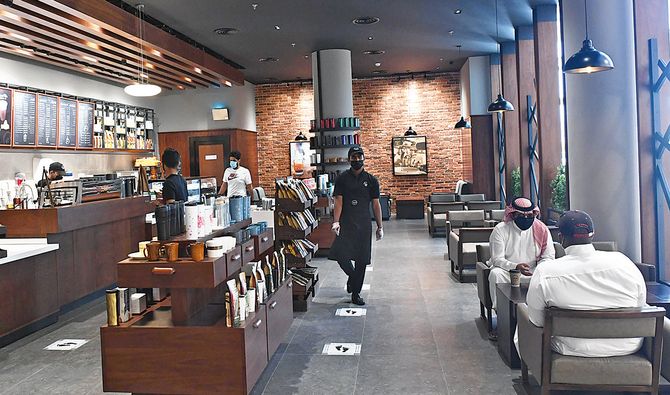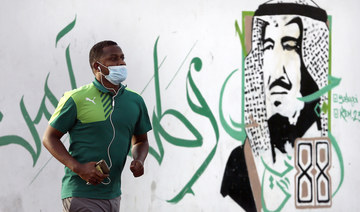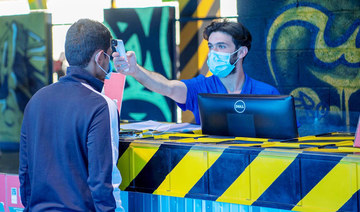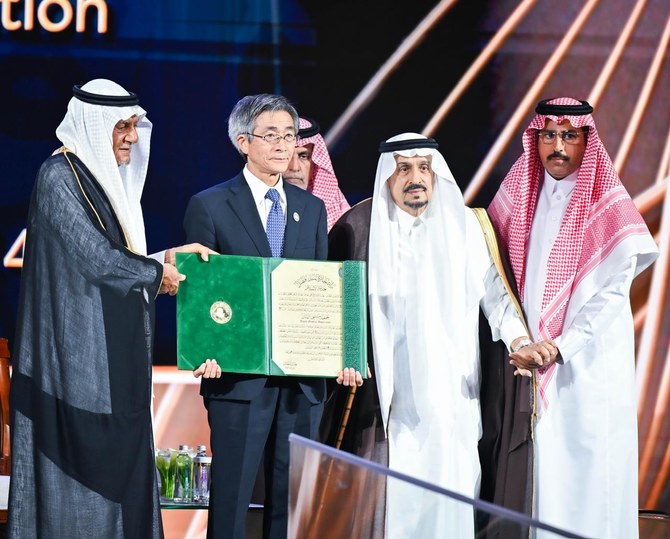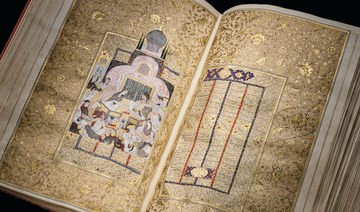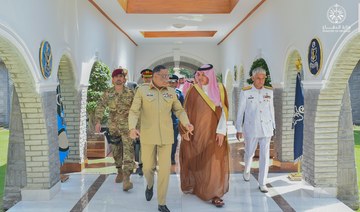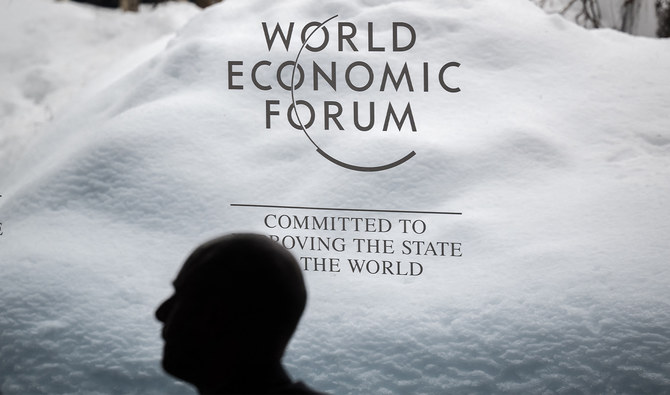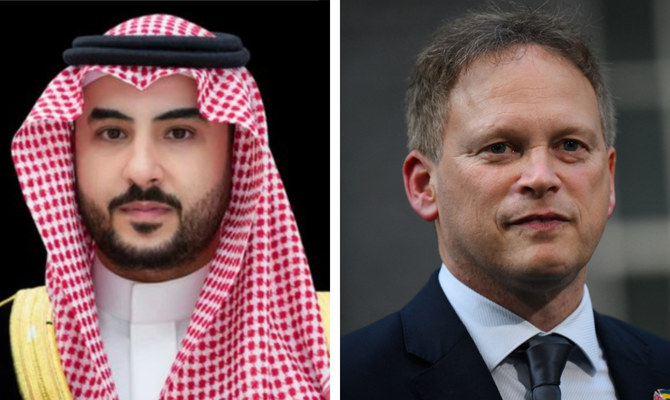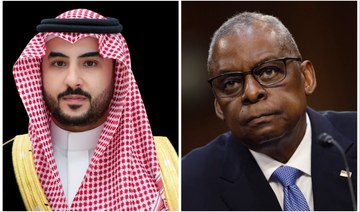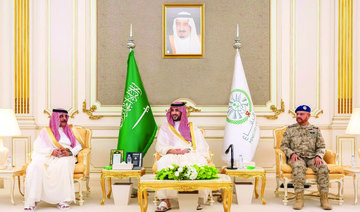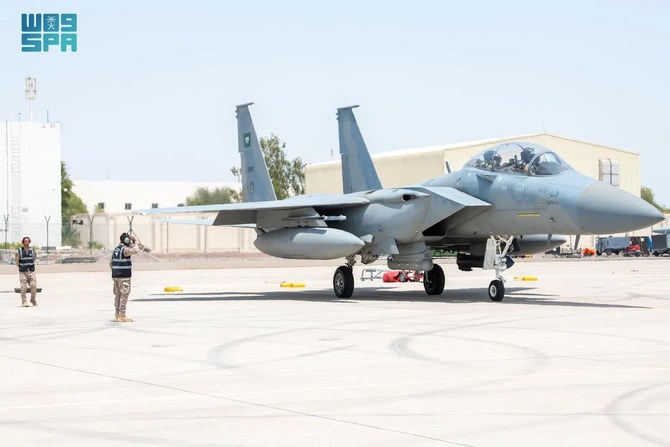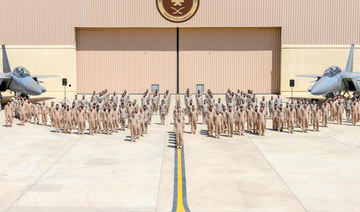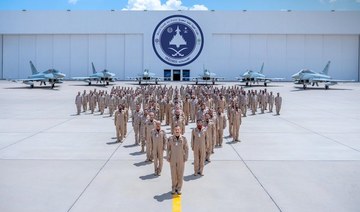JEDDAH: Residents across the Kingdom are making the most of their newfound freedom 10 days after the lifting of coronavirus lockdown restrictions.
As cities come alive again with traffic returning and shops opening, it is business as usual for almost everyone.
Social life and commercial activity in towns and cities fell to a minimum during the two-month lockdown, but with the the end of the curfew people are seizing the chance to meet up with friends and family members they have not seen in a long time — and possibly return to their normal activities, responsibly.
However, readjusting to normality could prove challenging as Saudi health officials continue to issue warnings and insist the Kingdom “is not out of the dark just yet.”
While the Kingdom continues to ramp up COVID-19 testing and contact tracing to prevent further outbreaks, residents are quickly adapting to social changes.
According to sociologist Musaab Al-Abdullah, coping with change “is an essential characteristic in humans.”
“Ever since we were created, it is the basis of progress and keeping pace with time,” he told Arab News.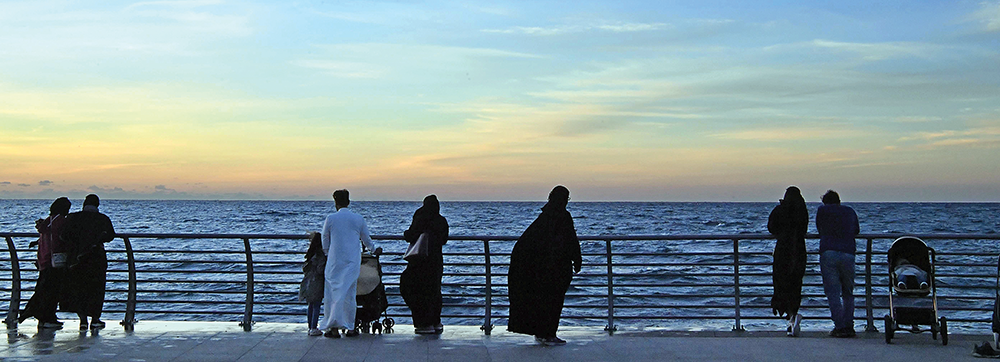
“People can get used to and adapt to anything, and they are prepared to adapt to the changes that surround them, but the speed of acceptance varies from person to person due to the nature of the individual and their ideas. Often, change comes gradually, so it is more easily accepted by individuals,” he said.
Al-Abdullah said that in recent weeks it has become clear that people must accept a “new normal.”
Many probably view the “new normal” as an exciting challenge, he added.
“Life as we know it has changed. People are afraid and are isolating themselves. They now see that life before the lockdown was blissful and not as boring as we thought. People are now waiting impatiently for the virus to be eradicated so that they can return to their normal life with a new and appreciative outlook.”
The lockdown helped people understand what is important to them because many options and places to visit were limited.
“The concept of consumption changed and we were able to live without wearing ourselves out collecting so-called luxuries. It showed that family and safety always come first,” he said.
Al-Abdullah said humans are social creatures, and being isolated from others is not normal for them.
HIGHLIGHTS
• Social life and commercial activity in towns and cities fell to a minimum during the two-month lockdown.
• With the end of the curfew people are seizing the chance to meet up with friends and family members they have not seen in a long time — and possibly return to their normal activities.
• Readjusting to normality could prove challenging as Saudi health officials continue to issue warnings and insist the Kingdom ‘is not out of the dark just yet.’
“When a person is isolated from society, depression will begin to dominate and affect their life, and life in their eyes loses its value. When you see a friend in light of this crisis, it will be a great pleasure just to see them in good health, but you will feel anxious because of the restrictions imposed on everyone.”
Lujain Al-Jehani, 27, took the opportunity to meet friends, but made sure she followed the rules.
“It was a small gathering, about four people, and we were all wearing masks and kept our distance from each other; we didn’t shake hands or hug each other. We also used plastic or paper cups and dishes,” she told Arab News.
“I think it is acceptable to meet with family and friends while taking precautions and treating yourself and others around you like you are infected to avoid catching the virus,” said Al-Jehani. “It might sound like an exaggeration, but it’s better to be safe than sorry.”
The “new normal” could also pose a challenge from a mental health perspective.
Lujain Sharawani, 27, prefers to stay at home most of the time and go out only when necessary.
“As a family, we are doing our best by staying home and not meeting with other people outdoors,” she told Arab News.
“I took the opportunity to meet with a few of my closest friends by inviting them over to my house, and we stayed in a big room to keep a safe distance between us while taking the necessary precautions such as wearing a mask and not making any physical contact,” she said.
Saudi infectious diseases specialist Abdulaziz Al-Kinani said that the Health Ministry has placed its trust in people to follow precautions.
“The ministry allowed us to return to our normal life but with new adopted behaviors, such as social distancing,” he told Arab News.
“These behaviors will help to avoid the spread of diseases, whether they are highly infectious or not, with the simplest example being the flu. To adopt this behavior — keeping distance — is healthy. We can go out and enjoy ourselves, but we must keep the precautionary measures in mind.”
However, Al-Kinani warned against being obsessively cautious, adding: “Calmly wash your hands and use disinfectants if you have touched surfaces in public places, and avoid crowds.”
Though many many still feel anxious 10 days after the lifting of the lockdown, experts say that this is an ideal time to reassess priorities and adopt a positive mindset about the future.



